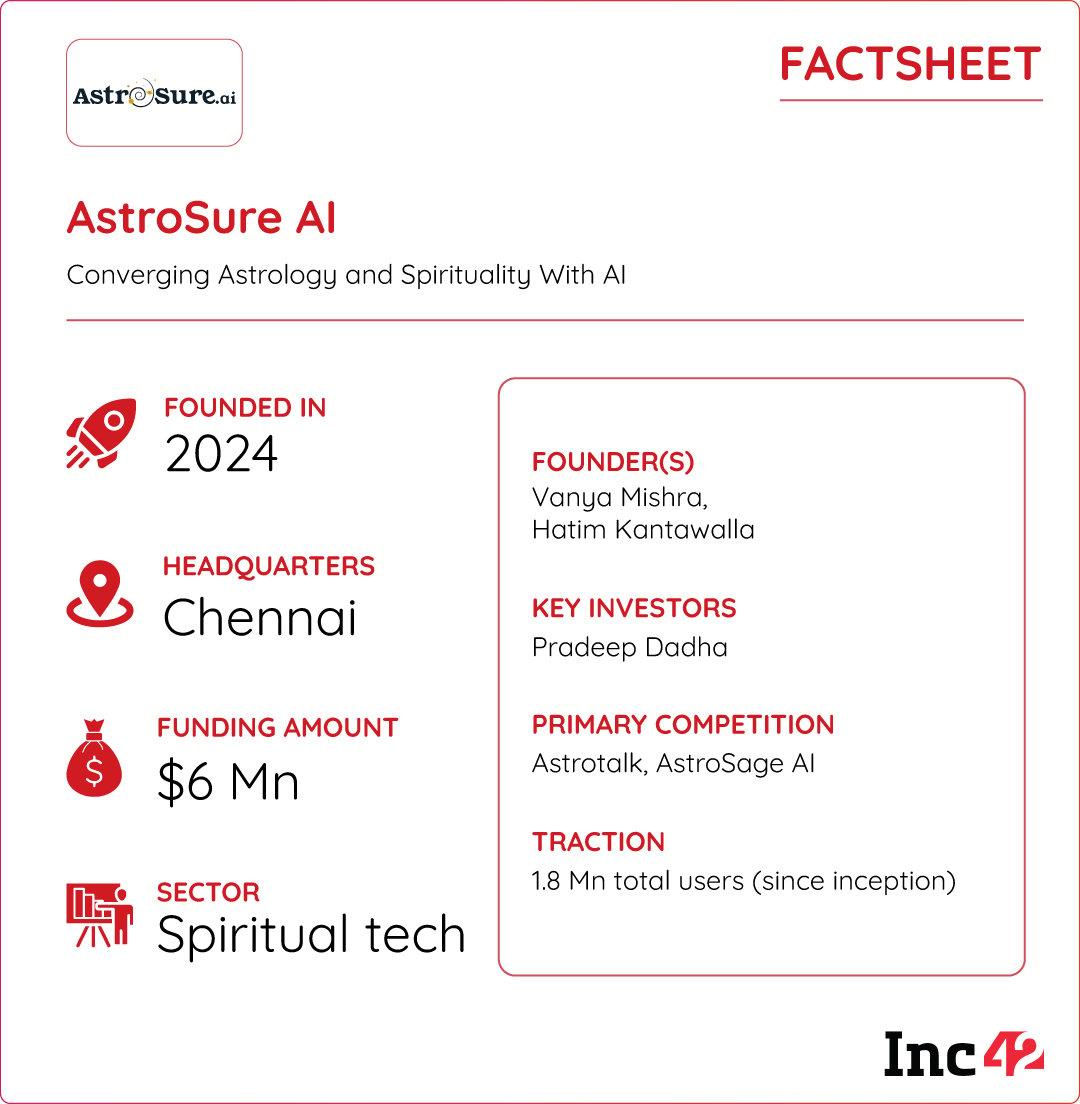India’s online gaming industry is battling for its survival. The lower house of the Parliament has passed a bill, which proposes a ban on all forms of online gaming that involve real money. The draft norms don’t just render the business models of industry leaders like Dream11, MPL and Games24x7 obsolete — it has its ripples across.
- Banks will be prohibited from processing financial transactions of real-money gaming (RMG) players
- Advertising of RMG platforms will be banned
- Any entities facilitating such companies will face up to three years imprisonment, a penalty of INR 3 Cr, or both
An Untimely Demise? The bill, which hits like a bolt from the blue, sounds the “death knell” for the online gaming ecosystem, which employs 2 Lakh people. The economic fallout includes INR 20,000 Cr in annual GST revenue, INR 52,272 Cr in existing investments potentially wiped out, and future funding opportunities obliterated. Nazara, which has indirect exposure to RMG through its stake in PokerBaazi, fell 7% on the bourses yesterday after markets reacted sharply to the proposed rules.
What’s The Govt’s Concern? Citing his rationale, IT minister Ashwini Vaishnaw said that RMG platforms are being misused for laundering money, terror financing and as messaging tools for terrorist groups. He also claimed that many such operators bypass rules, skip tax obligations and pose law-enforcement challenges.
Scrambling For Survival: With their backs against the wall, gaming associations and startups are desperately seeking government intervention. Crying hoarse over no transitional guidelines, industry insiders see the bill, if enacted, boosting offshore platforms — the breeding entities the government is trying to keep at bay.
All in all, the new bill reads like a death sentence for the already ailing Indian gaming sector. But, is there salvation on the cards? Let’s find out…
From The Editor’s DeskIndia’s Quantum Conundrum: Quantum computing is the latest buzzword in the startup town. However, lack of private funding, talent crunch and fabrication capacity constraints could slow down India’s quantum journey.
TableSpace Gears Up For IPO: Taking the first step towards its public listing, the coworking startup has turned into a public entity and appointed three new independent directors to its board. The company was last looking to file its draft papers at a $2.5 Bn valuation.
Kissht’s Profit Dips: The IPO-bound lending tech startup’s profit declined 18.6% to INR 160.62 Cr in FY25 from 197.29 Cr in FY24. Operating revenue also fell 20% YoY to INR 1,337.47 Cr during the fiscal year under review.
Kiwi Nets INR 209 Cr: The fintech startup has raised fresh funds in its Series B round led by Vertex Ventures, with participation from other existing backers. The startup offers credit cards that can be linked to a user’s UPI account to make payments.
Apple’s Make In India Push: The Cupertino-based big tech major is planning to ramp up the production of iPhone 17 across all five of its factories in the country. This comes despite the US government’s recent announcement of 50% tariffs on certain Indian goods.
Karnataka Vouches For Gig Workers: The state government has passed a new Bill, which will pave the way for the setting up of a welfare fund for gig workers. It also aims to protect the rights of gig workers, establish a welfare board, and extend the social safety net.
Founder FY25 Salaries Tracker: The 17 founders of 10 listed startups cumulatively earned INR 41 Cr in fixed pay in the fiscal year. While Delhivery’s Sahil Barua took home INR 28 Cr, including ESOPs, Eternal’s Deepinder Goyal continued his no-salary approach.
Starlink Seeks Aadhaar Access: The Elon Musk-led satcom operator is joining forces with UIDAI to leverage Aadhaar for customer verification. This follows the US-based company receiving the final nod from IN-SPACe to start commercial operations in the country.
Inc42 Startup Spotlight How AstroSure Is Bringing AI Twist To The Astrology Market?India’s online astrology market is crowded with platforms that offer quick-fix horoscopes and generic predictions, creating a space that lacks trust and a modern touch. AstroSure AI is stepping in to solve this problem by reinventing astrology by blending spirituality with technology.
An AI Sage: At the heart of the spiritual tech startup is Agastyaa, its AI-powered chatbot built on OpenAI’s GPT models and Google’s Gemini. This digital astrologer has been fed the Brihat Parashara Hora Shastra and trained to deliver instant, personalised guidance without the bias of human astrologers. Not stopping at predictions, it also offers a full spiritual wellness ecosystem, complete with remedies, mantras, and healing sounds.
Stellar Business Numbers: With India’s app-based astrology market rocketing toward $1.8 Bn by 2030, AstroSure is wasting no time to stake its claim. Despite being barely a year old, the platform boasts 1.8 Mn users, 72% repeat customers, and $6 Mn in funding.
Carving a niche in a crowded field dominated by the likes of Astrotalk and InstaAstro, can AstroSure crack the cosmic code with AI?

The post Game Over For India’s RMG Sector, India’s Quantum Conundrum & More appeared first on Inc42 Media.
You may also like

'Talked about traffic': MNS' Raj Thackeray on meeting CM Devendra Fadnavis; squashes tie-up rumours

Katie Price's savage response to Alex Reid who 'injected himself with Harvey's drugs'

'Devastated' friend of woman who shot terminally ill husband and kids breaks silence

Watery Eyes Could Signal More Than Just Irritation – Expert Explains Causes and Care

Antiques Roadshow star dies at 46 after life-changing valuation







